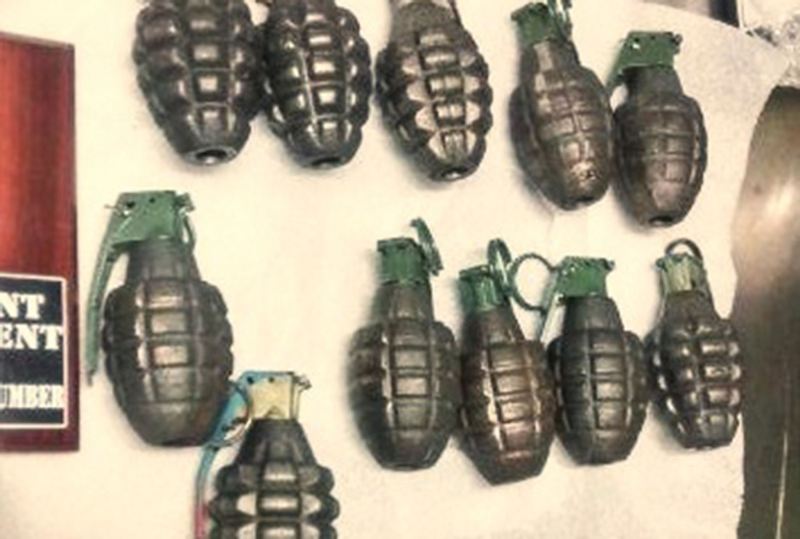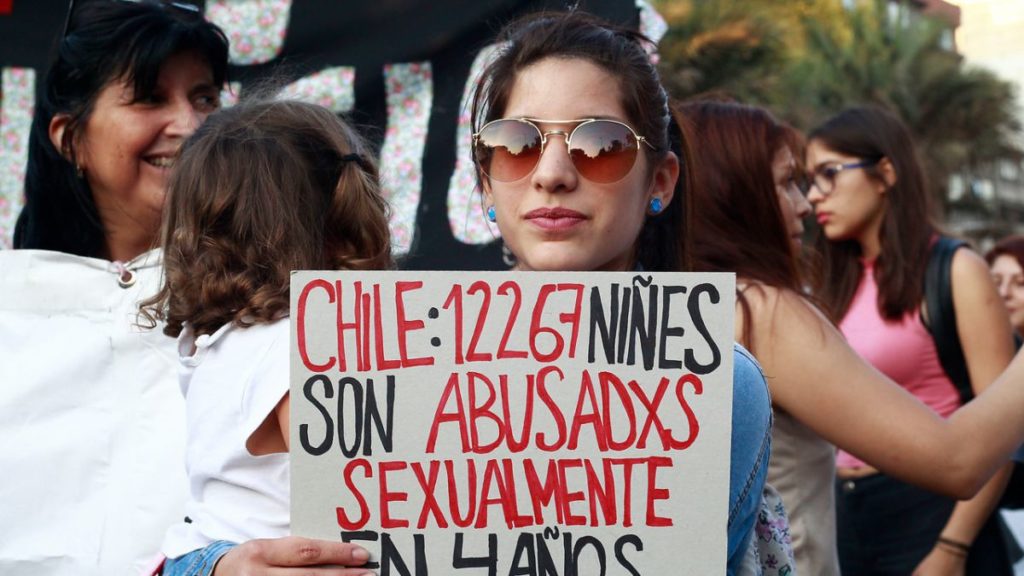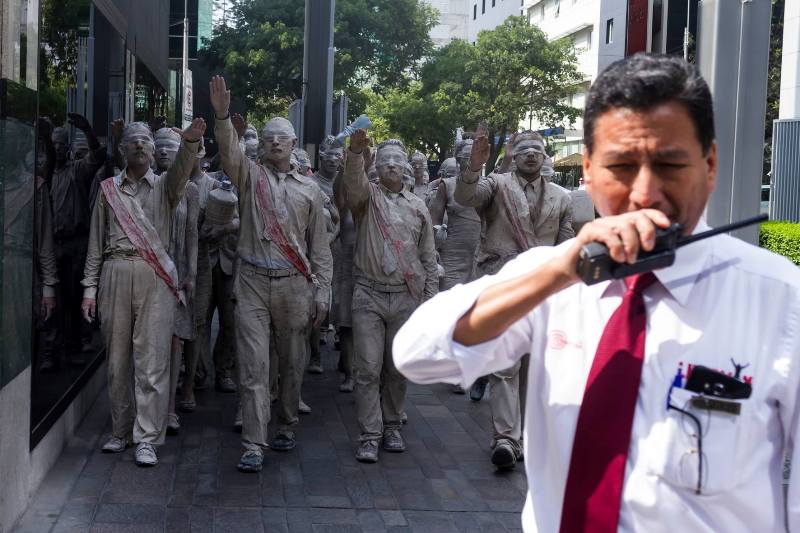After citing a recent Ipsos poll which reported that crime is Peruvian voters’ top concern, a Peru Reports reader argued that corruption was a bigger problem.
That reader may be right. Skimming the corruption tag shows the extent to which public funds are looted, and reading the country’s history shows it’s nothing new.
But a couple months ago my wife and I visited her hometown of Arequipa. We learned that the neighborhood convenience store was recently robbed at gunpoint and the owner pistol-whipped.
I thought about how that store owner is going to vote. What argument could you make to convince him that corruption or economic growth are Peru’s gravest problems? What could you tell his wife or children?
Corruption may very well be a bigger problem, but security gains a vote with every person that crime touches.
If you add up the number of dollars that political corruption and crony capitalism saps, it probably hurts the economy more than crime. But that’s easy to say for a foreigner like me who lives in a neighborhood where I can’t have a beer in the local park without serenazgo hounding me to move on.
But my neighborhood is not how most Peruvians live. For somebody who lives in San Juan de Lurigancho or Callao, the crooks in the neighborhood may upset his life more than the crooks in office.
On Monday 29-year police veteran and bomb-squad specialist Adolfo Castellano died after a grenade detonated in his hands. The grenade had been thrown at a primary school in Villa El Salvador.
What do Castellano’s wife and two children think is the country’s biggest problem? How many votes did that crime touch? More than all the parents of the school’s students and the neighbors of the school, because the story horrified the nation.
When grenades are regularly being found at schools, or when vigilante campaigns go viral on social media with hundreds of thousands applauding extrajudicial punishment, corruption or the economy probably will not win the day when elections arrive.
Keiko Fujimori leads the presidential candidates precisely because of her last name. She is seen as somebody who will be tough and establish a safer country, as her father is credited with having done in the 1990s.
If crime is the issue Peruvians vote for, then second-place contender Pedro Pablo Kuczynski does not place second. Nationalist Party candidate and former interior minister Daniel Urresti, who ranks as low as sixth overall, beats PPK when it comes to crime despite his facing charges for the army’s extrajudicial murder of a journalist in the conflict with the Shining Path.
Alan Garcia, who consistently ranks third in voter intentions, is seen as being less tough on crime than Kuczynski. Peru’s congress is currently investigating the “narcoindultos” – the pardoning of hundreds of drug traffickers who may have paid bribes or services to the APRA party during Garcia’s watch.
Other candidates are jockeying for the tough-on-crime image. Cesar Acuña and Alejandro Toledo have both advocated having the military patrol dangerous neighborhoods of Peru’s cities.
President Ollanta Humala’s government has enacted legislation to combat crime and extortion, most notably a law requiring telecommunications companies to provide the location of cell phone accounts to police.
But if the government’s measures do not have a noticeable effect in reducing the number of headlines featuring grenades at schools, or if everyday people continue paying extortion gangs as much next year as they have this year, or if “Chapa tu Choro” is still a popular meme next year, the slowing economy will not play a deciding role in voters’ decision.
If that happens, Keiko is the candidate to beat and the nearest contenders are weak.
Sources
El contendor de Keiko (Ipsos)










